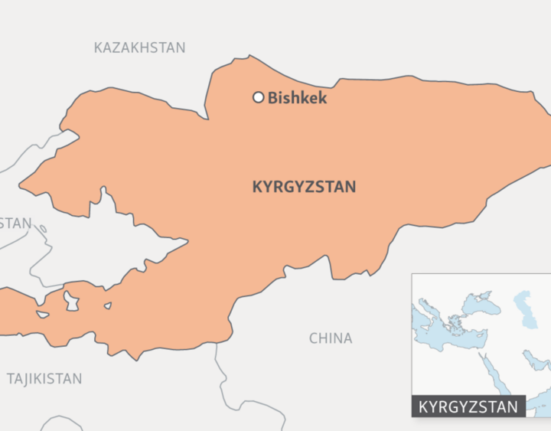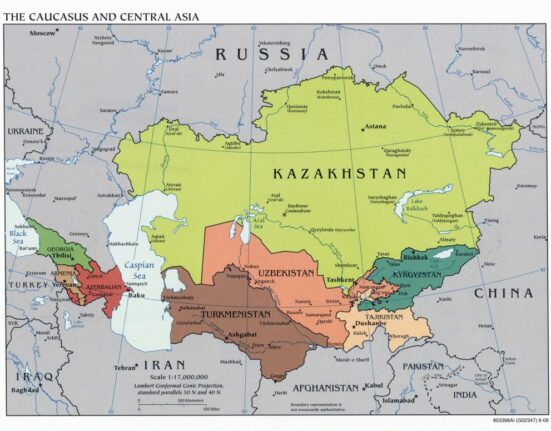On August 14, Uzbekistan President Shavkat Mirziyoyev reviewed a presentation on measures to expand waste processing in the country.
Over the past three years, more than 2 trillion UZS have been allocated for this sector. Last year, the Waste Management and Circular Economy Development Agency was established.
For enterprises engaged in waste management, 1,200 new pieces of equipment have been purchased. Waste collection sites have been built in mahallas (neighborhoods). Thanks to improvements in the collection and transportation system, the sector has become a source of secondary raw materials.
Previously a state monopoly, the sector has been opened to entrepreneurship, and a favorable business climate has been created. In particular, for sanitation and waste processing enterprises, the profit tax and social tax rates have been set at 1 percent. Machinery and equipment imported from abroad are exempt from customs duties. As a result, about 200 sanitation companies and 290 processing enterprises have been established.
Every year, 14 million tons of household waste are generated in the country. However, the recycling rate remains low. Thanks to projects implemented in recent years, this figure has reached 5 percent.
Projects for generating energy through waste incineration are being supported. Chinese investors are constructing such plants in six regions. The state undertakes obligations not only to pay for waste disposal but also to purchase the energy produced.
Recently, two facilities for incinerating medical waste and generating thermal energy were commissioned in Tashkent. In Samarkand, two more such plants are planned, and one will be built in each of the remaining regions.
A quarter of household waste consists of paper, plastic, rubber, glass, and textile remnants. Recycling these materials could yield raw materials worth 1 trillion UZS. In addition, the country has significant potential in processing construction, chemical, electronic, technical waste, and industrial oils.
Instructions were given to develop a two-year program to fully equip social institutions and mahallas with waste containers. The importance of fostering an environmental culture in society, starting from kindergartens and schools, was also highlighted.




